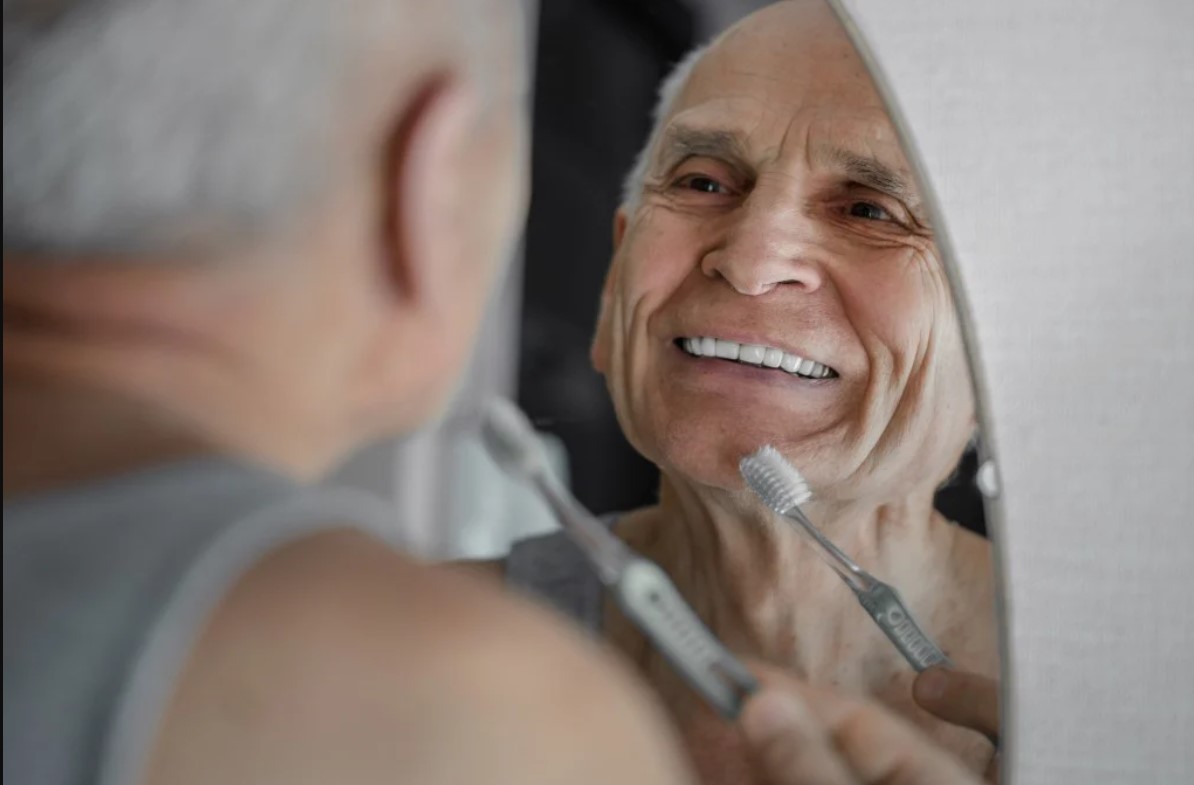Calls for Ukraine
Calls for Europe
Calls for USA

Doctors often begin an exam with what’s known as a “visual inspection” – an instant judgment of whether a patient looks older or younger than their age, which can influence key medical decisions.
This intuitive assessment may soon get an AI-assisted update.
FaceAge, a deep-learning algorithm described Thursday in The Lancet Digital Health, converts a simple photograph of a head into a number that accurately reflects a person’s biological age, rather than the date of birth listed on their records.
Trained on tens of thousands of photos, the system determined that cancer patients are, on average, biologically five years older than healthy people. The study authors say it could help doctors decide who can safely tolerate harsh treatments and who might be better off with a gentler approach.
“We hypothesize that FaceAge can be used as a biomarker in cancer treatment to quantify a patient’s biological age and help physicians make these difficult decisions,” says study co-author Raymond Mak, an oncologist at Mass Brigham Health in Boston.
Consider two hypothetical patients: a vivacious 75-year-old whose biological age is 65 and a frail 60-year-old whose biological age is 70. For the former, intensive radiation may be appropriate, but for the latter, it may be risky.
The same logic can help guide decisions about heart surgery, hip replacement or end-of-life care.
A growing body of evidence suggests that people age at different rates, influenced by genes, stress, exercise and habits such as smoking or alcohol. While expensive genetic tests can determine how DNA changes over time, FaceAge promises to assess the situation using only selfies.
The model was trained on 58,851 portraits of presumably healthy adults over the age of 60 taken from public databases.
It was then tested on 6,196 cancer patients treated in the US and the Netherlands, using photos taken just before radiation therapy. Patients with malignant tumors looked on average 4.79 years biologically older than their chronological age.
The model even confirmed a favorite internet meme by estimating actor Paul Rudd’s biological age at 43 in a photo taken when he was 50.
Among cancer patients, a higher FaceAge score was largely predictive of worse survival – even after accounting for actual age, gender and tumor type, with the danger rising sharply for those whose biological age exceeded 85.
Intriguingly, FaceAge seems to evaluate signs of aging differently than humans do. For example, gray hair or baldness matter less than subtle changes in the tone of facial muscles.
FaceAge has also improved physicians’ accuracy. Eight doctors were asked to study portrait images of terminal cancer patients and guess which of them would die within six months. Their odds were barely above chance, but with FaceAge’s data, the predictions improved dramatically.
Artificial intelligence tools have already faced criticism that they don’t work well enough with people of non-European race. Preliminary tests have found no significant racial bias in FaceAge’s predictions, but the team is training the second generation of the model on 20,000 patients.
They are also studying how factors such as makeup, cosmetic surgery, or changes in room lighting can mislead the system.
The ethical debate continues. AI that can determine biological age from selfies could be a boon for clinicians, but also tempting for life insurers or employers looking to assess risk.
“This is definitely something that needs attention to ensure that these technologies are only used for the benefit of the patient,” said Hugo Aerts, a co-principal investigator who leads MGB’s AI in Medicine program.
Another dilemma: What happens if the mirror talks back? If you find out that your body is biologically older than you thought, it could prompt you to make healthy changes or sow anxiety.
The researchers plan to open a FaceAge portal where people can upload photos of themselves to participate in the study to further test the algorithm. Commercial versions aimed at clinicians may come later, after further validation.
Please rate the work of MedTour
